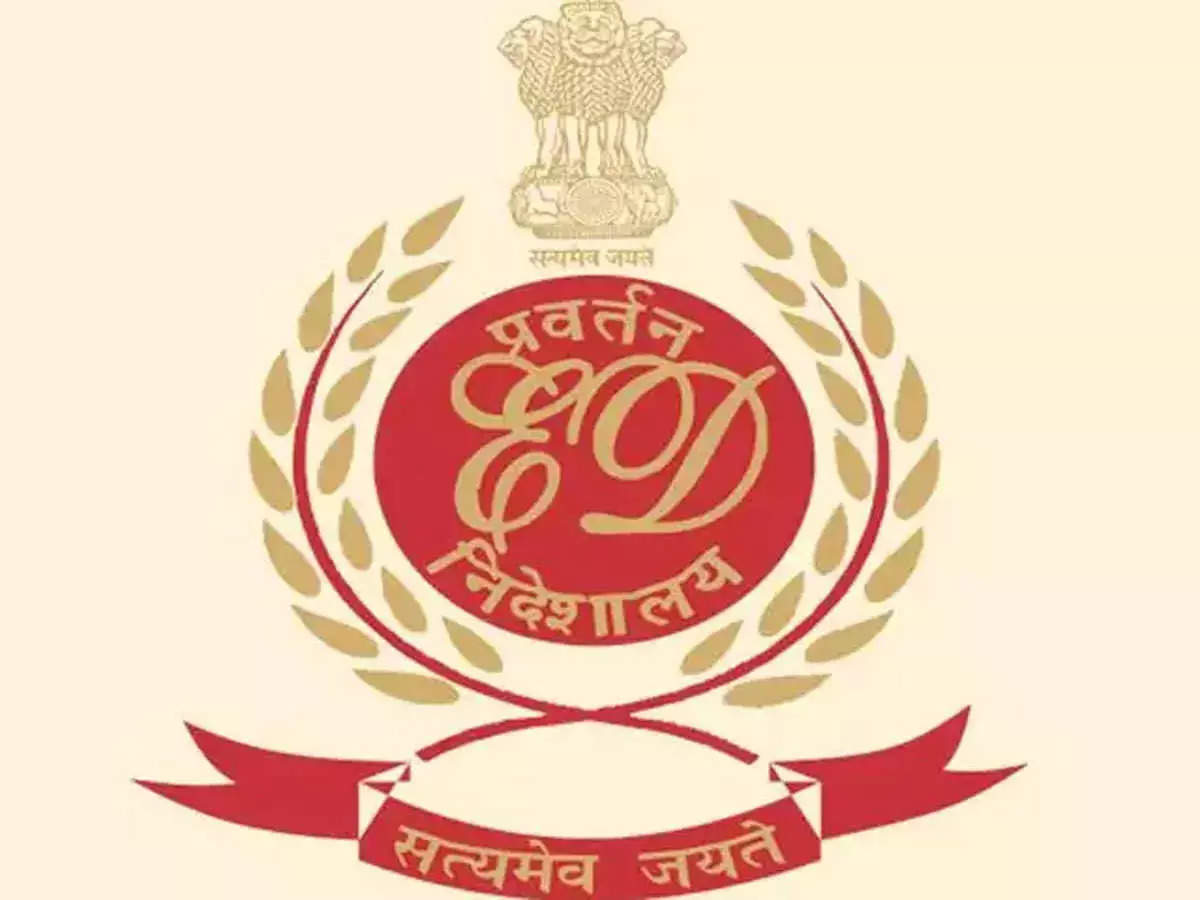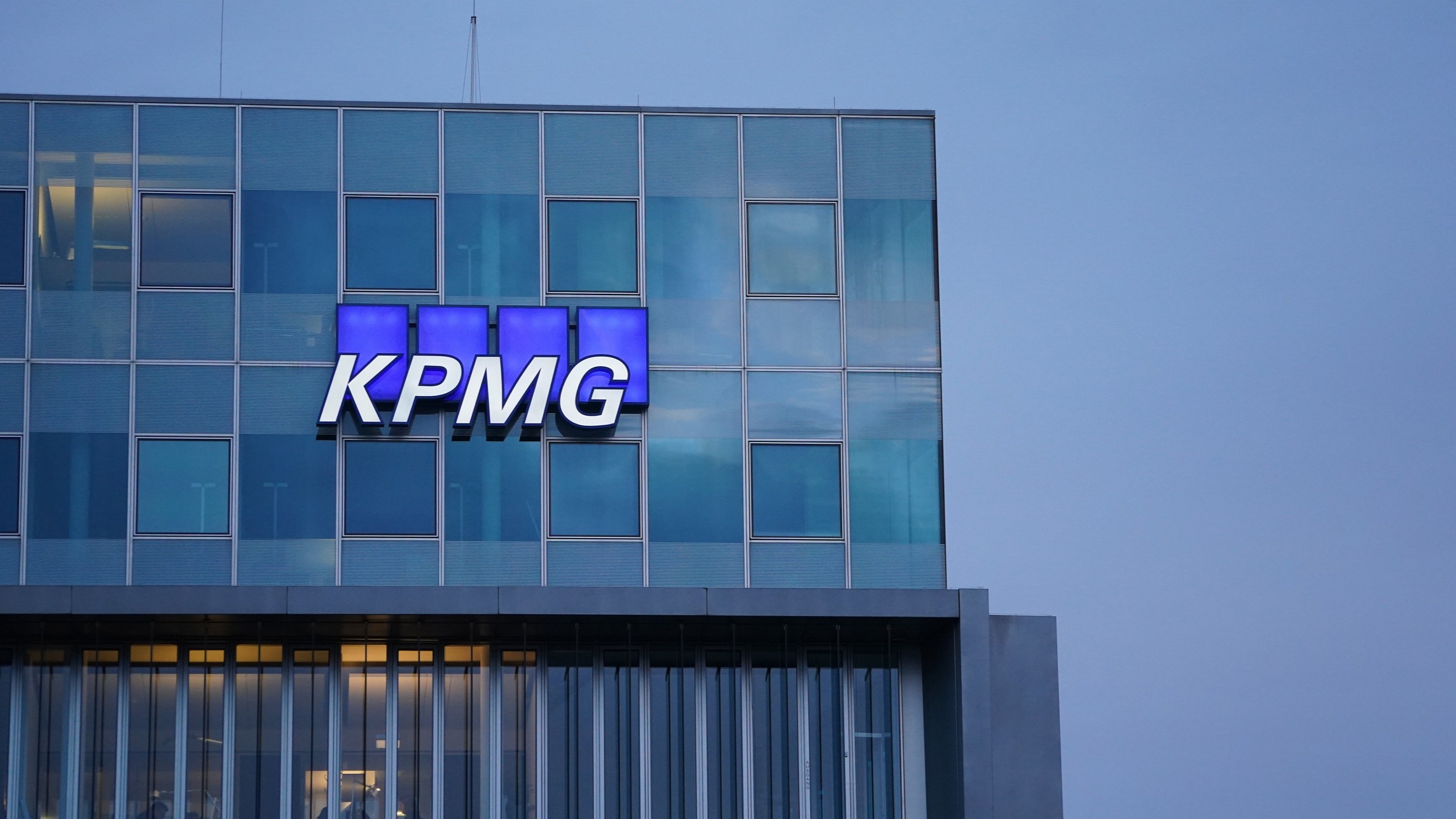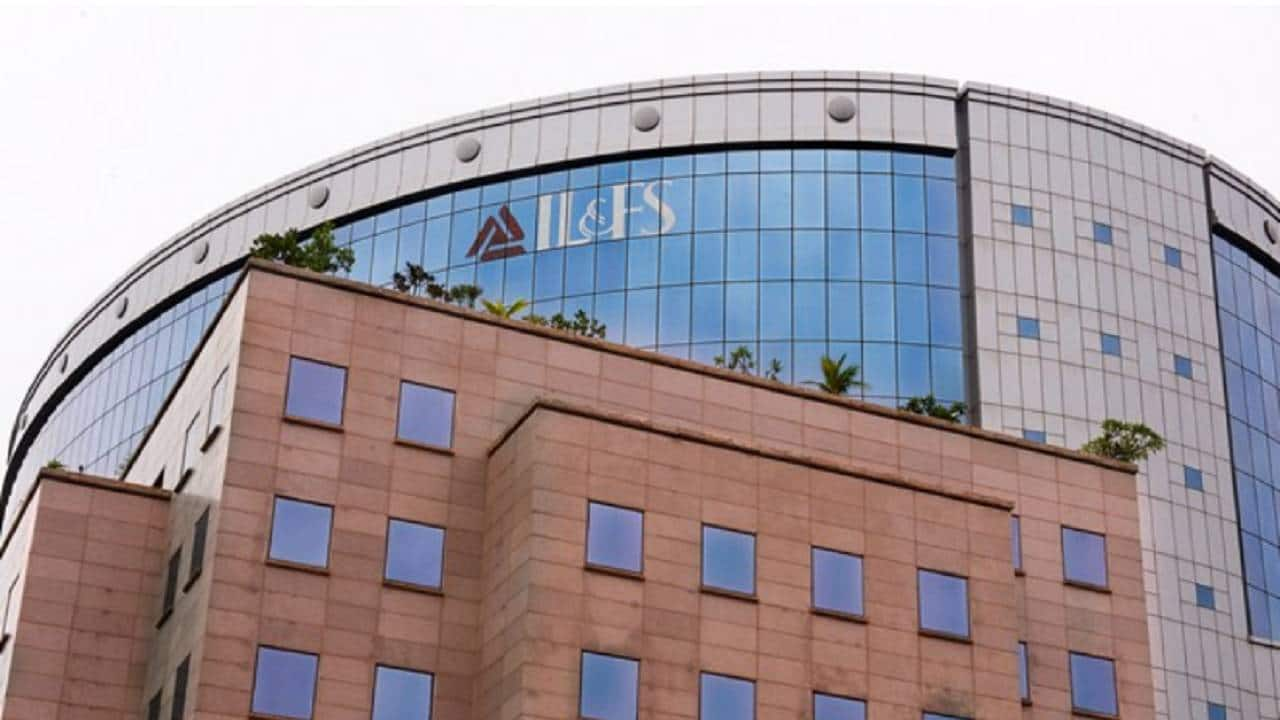ED’s Surprise Visit In The Premises of Deloitte and KPMG Over Money Laundering Case
ED's raids in the premises Deloitte and KPMG over money laundering case on two former IL&FS audit firms, surprisingly its not their first time..

The Enforcement Directorate (ED) raiding the premises of top audit firms Deloitte India and KPMG has sent shockwaves through the Indian financial sector. These raids were conducted due to the connection with financial scams that occurred in Infrastructure Leasing and Financial Services Limited (IL&FS) known as one of the largest infrastructural financing companies in India.

It is important to note that these two firms filed for bankruptcy in 2018 due to the mess created by the senior management to fulfil their personal desires by falsifying accounts and boosting the balance sheet, ultimately resulting in the company having to sacrifice a heavy amount of debt of 91 crores.
The investigation is being carried out under the Prevention of Money Laundering Act (PMLA) to determine whether the audit firms were involved in any malpractices while auditing the books of IL&FS.
But this is not the first time ED is taking action against IL&FS; previously, back in 2019, ED charged these firms with alleged financial irregularities. This happened when the Federal Agency informed The Delhi Police Economic Offenses Wing (EOW) and filed an FIR against IRA and ITNL (group companies of IL and FS).

In addition to that FIR, the ED acknowledged receiving a complaint from the SFIO against IL&FS Financial Services (IFIN) and its representatives.
But this is not the end; ED has made sure to attach assets of several entities from the past to launch this case.
As previously mentioned, ED has reportedly found evidence of unauthorized loans, overvaluation of assets, and non-disclosure of bad debts by IL&FS, leading to a loss of around INR 91,000 crore ($12 billion) It is important to examine the reasons behind the ED raids on the premises of Deloitte India and KPMG and argue for and against the notion that these audit firms are equally responsible for the IL&FS scam.

Reasons Behind the ED ( enforcement directorate) Raids:
Although there are various reasons why the ED targeted these two audit firms in its investigation. But these are some of the most highlighted ones which deserve attention.
1. Failure to detect fraudulent practices: As auditors, the responsibility of Deloitte India and KPMG was to ensure that the financial statements of IL&FS were accurate, complete, and transparent. However, the ED has found that these firms failed to identify fraudulent practices, such as loan sanctioning without any collateral, round-tripping of funds, and inflating profits. The auditors did not perform proper due diligence and overlooked certain discrepancies in the financial statements of IL&FS, which allowed the scam to continue for several years. This failure on the part of the auditors to identify fraudulent practices has raised serious questions about their credibility and trustworthiness.
2. Conflicts of interest: Another reason why the ED decided to conduct raids on the premises of Deloitte India, and KPMG is due to the conflicts of interest that these firms had with IL&FS. These auditors were both retained by IL&FS to provide advisory services, which created a conflict of interest. In any audit engagement, it is essential that the auditor maintains independence and impartiality while conducting the audit. However, in the case of IL&FS, the audit firms failed to disclose their conflict of interest to their clients, which led to an undue influence on the audit process.
3. Lack of professional scepticism: Professional scepticism is a key aspect of any audit engagement. It involves questioning the integrity of the financial statements, challenging assumptions made by management, and looking for evidence to support the financial statements. However, in the case of IL&FS, the auditors did not exercise sufficient professional scepticism, which allowed fraudulent practices to go unnoticed. The auditors relied on the representations made by the management of IL&FS without verifying them, which resulted in a failure to detect any irregularities in the financial statements.

Arguments For the ED (Enforcement Directorate) Raids:
Here are a few arguments that support the ED raids on the premises of Deloitte India and KPMG.:
- Responsibility of auditors: Auditors play a critical role in maintaining the transparency and accuracy of financial statements. In the case of IL&FS, these audit firms were responsible for ensuring that the financial statements of the company were accurate and transparent. However, it has been proved that the senior management of IL&FS indulged in malpractices which leads to illegal personal gains.
- Need for enhanced scrutiny: The IL&FS scam has highlighted the need for enhanced scrutiny of audit firms. The auditors are not only responsible for the accuracy of financial statements but also for detecting and preventing fraud. If they fail to detect fraud, it can result in a significant loss for investors and the public at large. Therefore, the ED raids on the premises of Deloitte India and KPMG are necessary to ensure that these audit firms remain vigilant and take their responsibilities seriously.
- Importance of transparency: Transparency is crucial for maintaining the integrity of financial markets. The IL&FS scam has raised several concerns about the transparency of the financial sector and the role of auditors in maintaining this transparency. Therefore, it is imperative that the ED conducts thorough investigations to identify any malpractices that may have occurred. This will not only help prevent future frauds but also restore confidence in the financial sector.

In conclusion, the ED raids on the premises of Deloitte India and KPMG are a step towards ensuring accountability and transparency in the financial sector. While some argue that the raids unfairly target audit firms, others believe that auditors must be held accountable for their negligence.
The IL&FS scam has underscored the importance of maintaining transparency and integrity in financial transactions. Therefore, it is essential that auditors exercise due care and diligence while conducting audits, remain independent and impartial, and maintain a professional level of scepticism.
The outcomes of these raids are yet to be determined, but they should serve as a lesson to all stakeholders in the financial sector – from management to regulatory authorities – that any fraudulent practices will not be tolerated, and perpetrators will be held accountable for their actions.
Proofread, Edited & Published By Naveenika Chauhan




